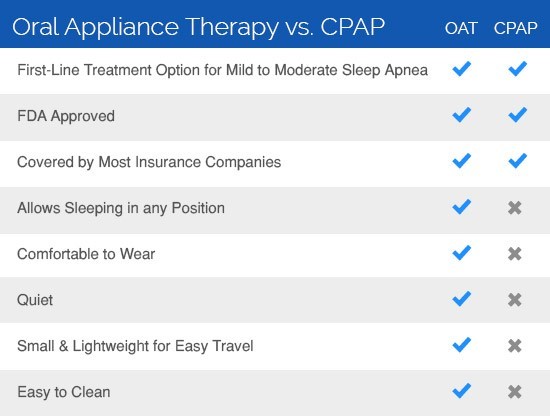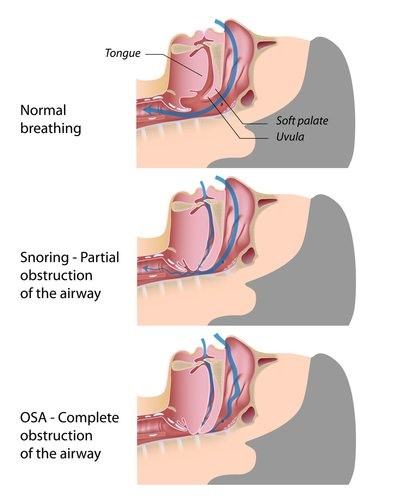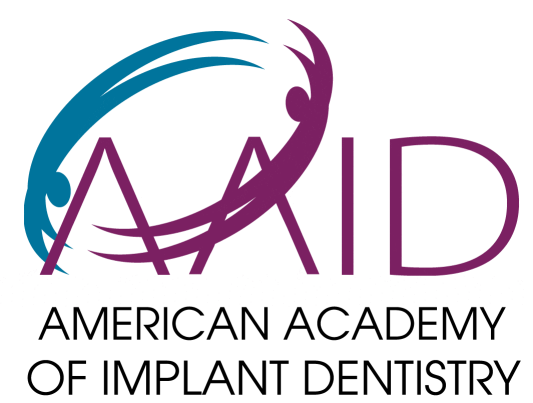CPAP (Continuous Positive Airway Pressure) is pressurized air from a bedside machine. The air is delivered through a tube that connects to a mask, covering the nose. The pressure of the air forces and maintains the airway open while you sleep. This is a very successful treatment option, however it is only a great treatment if it is used! Many people find the masks very uncomfortable and cumbersome to wear. The noise created by the machines can also cause difficulty sleeping for the patient and partner. Additionally, the machines are difficult to travel with for many people.
Oral Appliance Therapy is completely non-invasive and painless. It is a mouthpiece, for patients with primary snoring or mild to moderate Sleep Apnea. They are small devices that you wear while you sleep. They are similar in size to an Orthodontic Retainer or Sports Mouthguard. They are very comfortable, easy to wear, and easy to travel with. These appliances can be used alone or in conjunction with other treatments. Oral Appliances work by attempting to prevent the collapse of the tongue and soft tissues in the back of your throat, keeping your airway open to allow adequate air intake. They work to reposition the lower jaw, tongue, soft palate, and uvula. Oral Appliance Therapy involves selecting an appropriate design, and then custom fitting it to your teeth.
Sleep Apnea is a life threatening disorder and should not go untreated because you can’t wear your CPAP! We can make a custom-fit plastic mouthpiece for treating sleep apnea. The mouthpiece will adjust your lower jaw and your tongue to help keep your airways open while you sleep.








